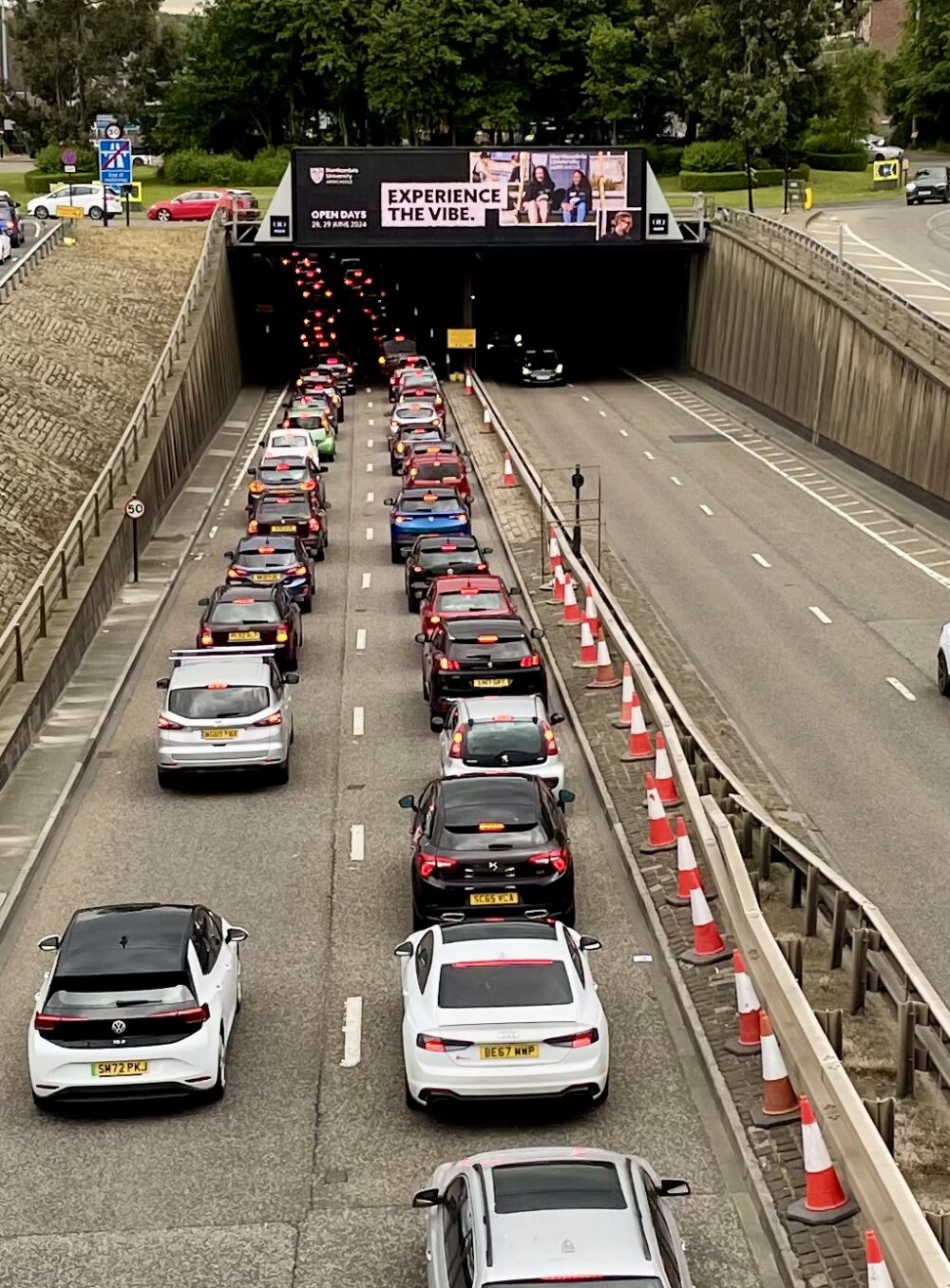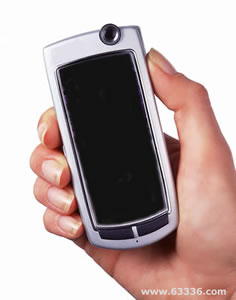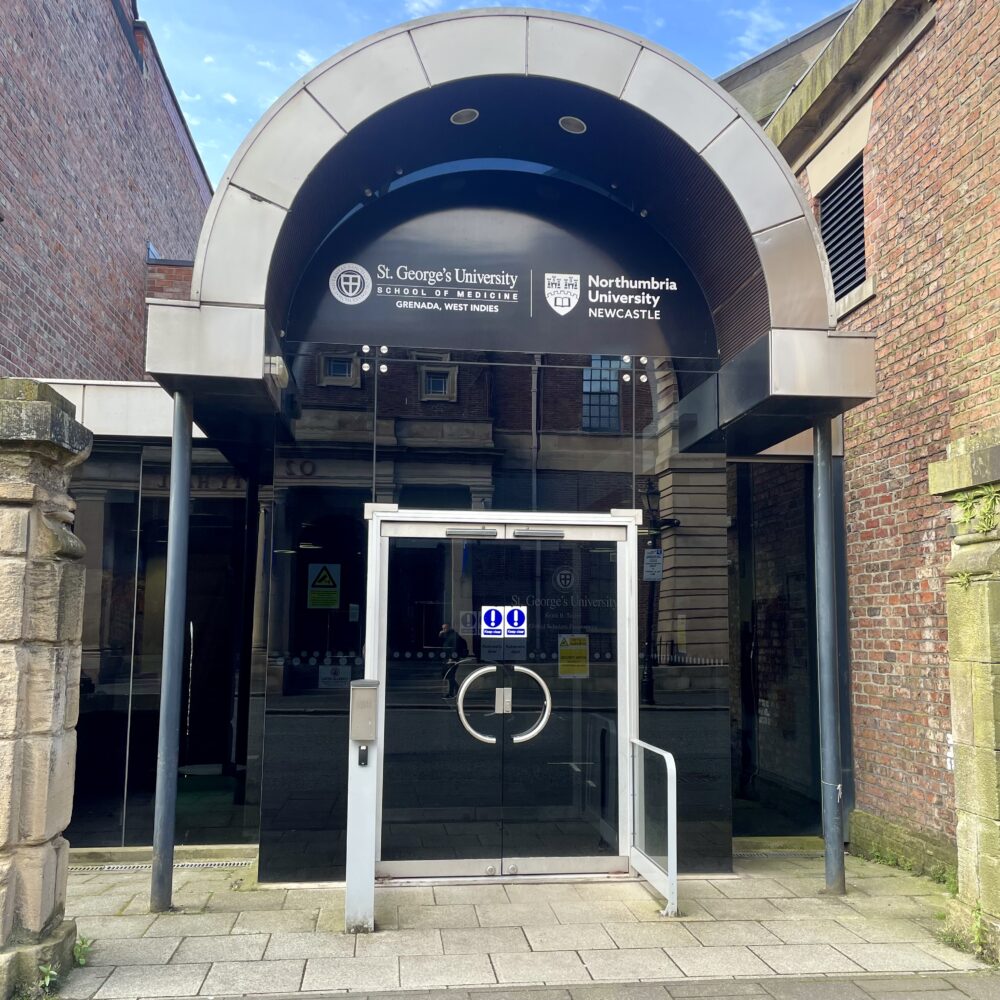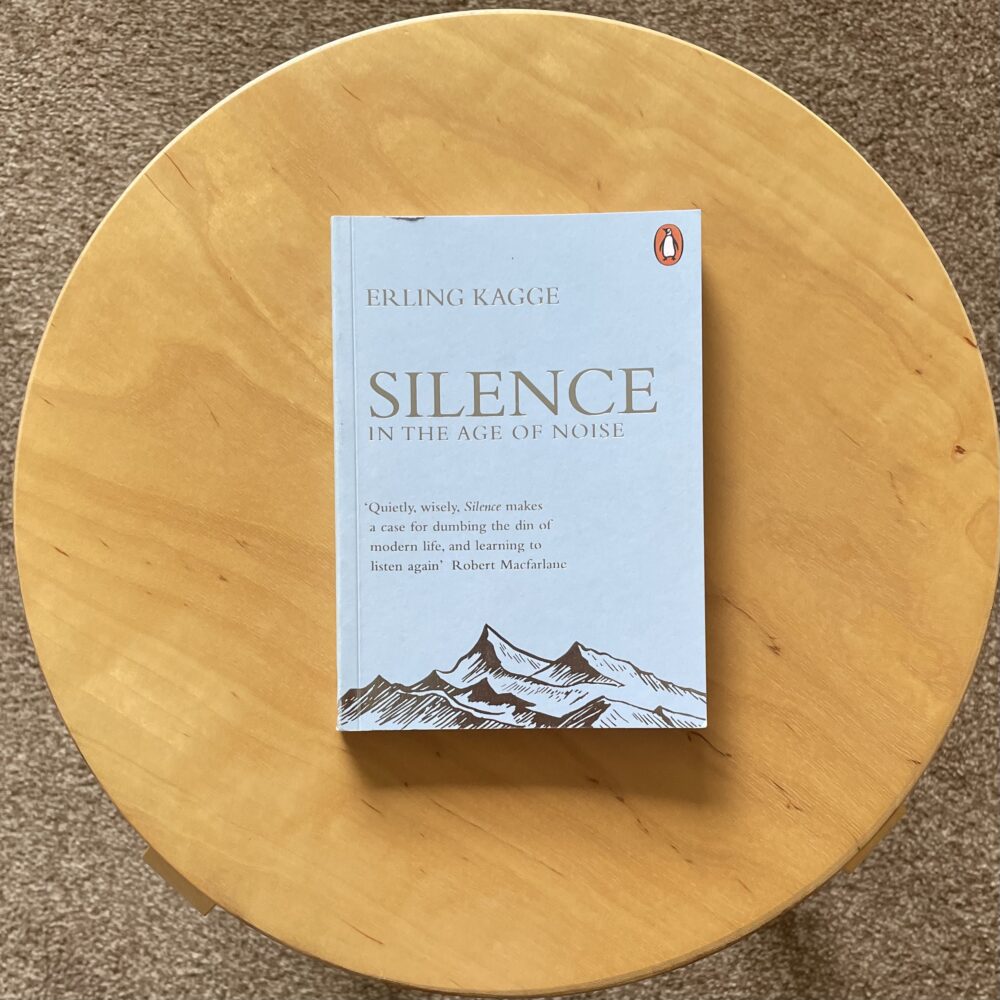Summer solstice

Here in the Northern Hemisphere, today is the summer solstice.
I’ve read a lot over the last year about the mental health benefits of rituals—and how, for atheists like me, celebrating the passing of the year through equinoxes and solstices brings psychological benefits. For years now, I’ve marked the vernal equinox by balancing an egg on end. I dare say you’re sick of reading about it.
But I haven’t a ritual to mark the summer solstice, and I thought that, perhaps, I ought to institute one. Given the astronomical event the solstice marks, I initially imagined that I could simply make a habit of watching the sun rise and set. I knocked that idea on the head when I realised quite how early the sun rises at this time of year: I’m not making a pre-5am start an annual event.
Reading about solstice traditions revealed a whole load of water-based activities, including swimming on the day of the solstice, visiting the coast, or visiting a waterfall. I already swim regularly—indeed, I’m publishing this as I’m getting ready to head to the pool—so that doesn’t seem like a special activity. Making a habit of visiting a waterfall or the coast feels like making myself a hostage to fortune: it’s just not always going to be possible.
Many people mark the solstice by leaping over bonfires, but this seems a surefire way to end up in A&E. I’m not a man built for leaping.
And so: I have no good answer. I’ll just have to keep mulling it over for next year.
The image at the top of this post was generated by DALL·E 3.
This post was filed under: Miscellaneous.






